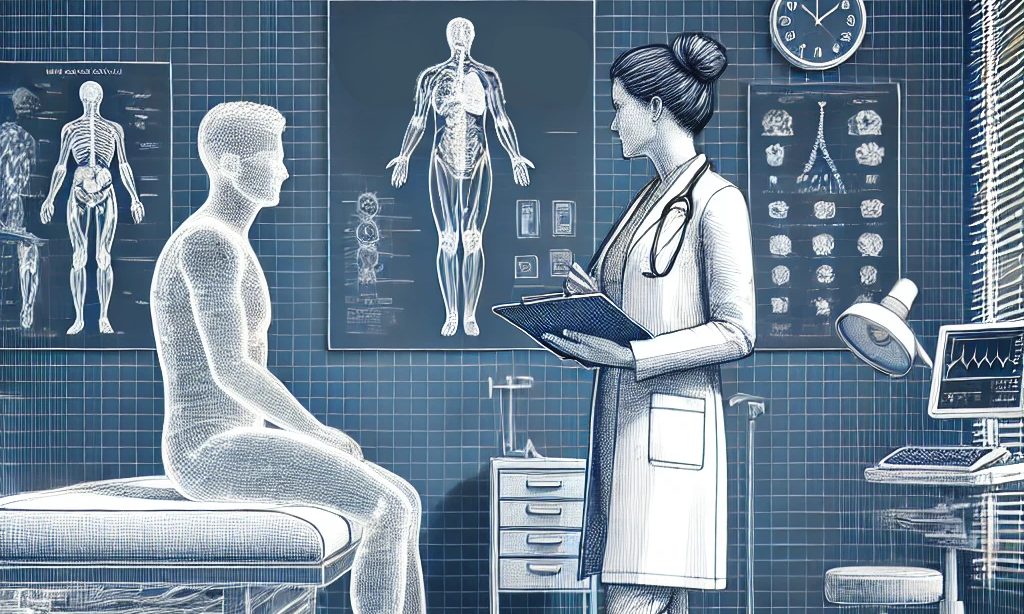On average, Nurse Practitioners (NPs) and Physician Assistants (PAs) see 23 patients daily. NPs and PAs focus on patient education, preventive care, and holistic treatment approaches. They may spend more time discussing lifestyle changes, answering questions, making product or treatment recommendations and ensuring that patients understand treatment plans.
NPs and PAs make product and service recommendations and as such have become a much sought after group by healthcare marketers of all types. Here's a breakdown of the types of products and services NPs and PAs typically refer patients to and some insights into the rate of these referrals:
Types of Products and Services Referred
1. Medications
-
Prescription Drugs : NPs and PAs often prescribe medications directly, which can be considered a form of referral and NPs and PAs also write prescriptions for RX medications. They also suggest over-the-counter (OTC) medications or supplements based on patient conditions.
2. Medical Devices
-
Home Monitoring Devices : Blood pressure monitors, glucose meters, and other devices for chronic disease management.
-
Mobility Aids : Wheelchairs, walkers, or canes for patients with mobility issues.
-
Therapeutic Devices : Devices like CPAP machines for sleep apnea, or nebulizers for respiratory issues.
3. Diagnostic Services
-
Imaging : Referrals for X-rays, MRIs, CT scans, etc.
-
Lab Tests : Blood tests, urinalysis, biopsies, etc.
4. Specialty Care
-
Referrals to Specialists : Such as cardiologists, dermatologists, or endocrinologists.
-
Physical Therapy or Rehabilitation Services : For recovery from injuries or surgeries.
-
Mental Health Services : Referrals to psychologists, psychiatrists, or counselors.
5. Wellness and Preventive Services
-
Nutritional Counseling : Referrals to dietitians or nutritionists.
-
Smoking Cessation Programs : Recommending programs or medications to help quit smoking.
-
Weight Management Programs : Referring to fitness programs or bariatric services.
6. Alternative and Complementary Therapies
-
Chiropractic Care : Referrals for patients with back pain or musculoskeletal issues.
-
Acupuncture : For pain management or stress relief.
-
Massage Therapy : For pain relief or relaxation.
Rate of Referrals
-
Prevalence : The exact rate of referrals by NPs and PAs varies widely depending on the practice setting (primary care vs. specialty care), patient demographics, and geographic region. However, studies suggest that NPs and PAs make referrals in a substantial portion of their patient encounters, particularly when managing chronic diseases, acute conditions that require specialist input, or when advanced diagnostics are needed.
-
Estimates: While specific rates can vary, one study found that about 10-15% of primary care visits with NPs and PAs resulted in a referral to a specialist or for additional diagnostic services. Referrals for medications and therapeutic products are likely higher, given that prescribing and recommending OTC products are routine parts of their practice.
NPs and PAs play a critical role in the healthcare system and are the frontline working with patients, often acting as primary care providers who assess, diagnose, and manage patient conditions. Their referrals are essential for ensuring patients receive comprehensive care, whether that means prescribing the right medication, sending them for diagnostic tests, or referring them to specialists or other healthcare services. The rate of referrals can vary, but they are a routine and significant part of their practice.
NPs and PAs see about as many patients as MDs, often have longer conversations and the cost to market to this group is usually less than the cost of marketing to MDs. Make marketing to NPs and PAs a part of your marketing plan and measure their engagement with your brand/offer.
This is how Tap Native ads appear to authenticated MDs, NPs and PAs:

Ask us about NP and PA marketing or get a count by medical specialty or location.
